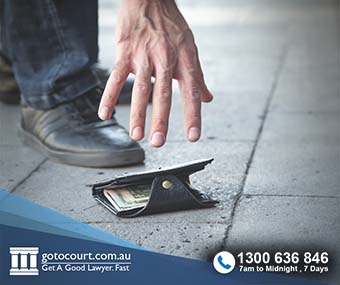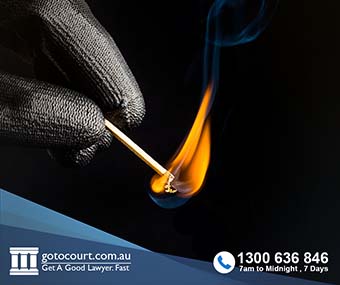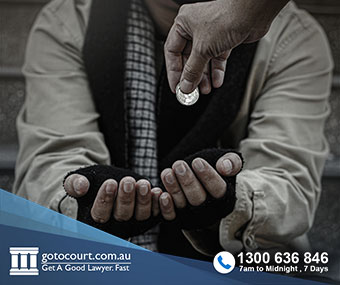Stealing Offences in Tasmania
Stealing is the most common crime against property committed in Tasmania. It generally involves the stealing of tangible physical property, and it may or may not involve violence (commonly known as ‘robbery’ and ‘larceny’ respectively). It can also involve trespassing on another person’s property, commonly known as ‘burglary’. Tasmania has a number of different stealing offences covering these situations. These offences are contained in the Criminal Code 1924 and the Police Offences Act 1935.
Stealing
Under the Criminal Code, any person who steals property from another is guilty of a crime. Stealing occurs when a person, without the owner’s consent, dishonestly takes property with the intent of permanently depriving the owner of that property or, if they hold that property lawfully on behalf of the owner (eg under a power of attorney), converts it to his or her own use with the intention of permanently depriving the owner of the property.
If a person takes property with the intention to return the property someday but use it as security (eg using a stolen car to secure a loan), or if they steal money and intend to return an equal amount later, they still commit the offence of stealing. Stealing can also occur by way of misappropriation, such as where an agent dishonestly deals with property that comes to him or her as an agent, or between husband and wife. Shoplifting is a less serious stealing offence, but attracts the same maximum penalties. Separate offences exists for stealing a firearm and dishonestly using or diverting electricity.
The maximum penalty for these offences is 21 years imprisonment. However, if your matter is heard by a magistrate, the maximum penalty that can be imposed is one year imprisonment and a fine of 20 penalty units.
Offences analogous to stealing
Some crimes are analogous to stealing under the Tasmanian Criminal Code, including concealing or destroying public records and other important documents such as wills with intent to defraud, killing animals with intent to steal, or severing something (eg a tree) from land with the intent of stealing it. Each of these offences carry the same maximum penalties as a stealing charge.
Robbery
Robbery in Tasmania is committed when a person steals something and, at the same time or just before the theft, uses violence or threatens to use violence in order to steal the property or to stop a person from preventing the theft. If actual bodily harm is caused to a person during the robbery, if a weapon is used, or the robbery is committed by more than one person together, then an offence of aggravated robbery is committed. If an aggravated robbery is committed whilst the offender is armed with a weapon, then an offence of aggravated armed robbery is committed. The maximum penalty for these offences is 21 years imprisonment, a fine or both (or one year imprisonment and a fine of 20 penalty units if the trial is heard summarily by a magistrate).
Burglary
Burglary is committed when a person trespasses in a building or conveyance (which includes, for example, a car or a caravan), including trespassing by threat or collusion, with the intent to steal something. If the trespasser uses a weapon to commit the burglary, commits the burglary in a place of residence, acts violently to another person whilst committing the burglary, or deprives somebody of their liberty whilst committing the burglary (eg tying somebody up), then they will have committed aggravated burglary. The maximum penalty for these offences is 21 years imprisonment.
Possessing or receiving stolen property
Possessing or receiving stolen property in Tasmania, knowing it to be stolen, is also a crime punishable by a maximum penalty of 21 years imprisonment.
If you require legal advice or representation in any legal matter, please contact Go To Court Lawyers.








